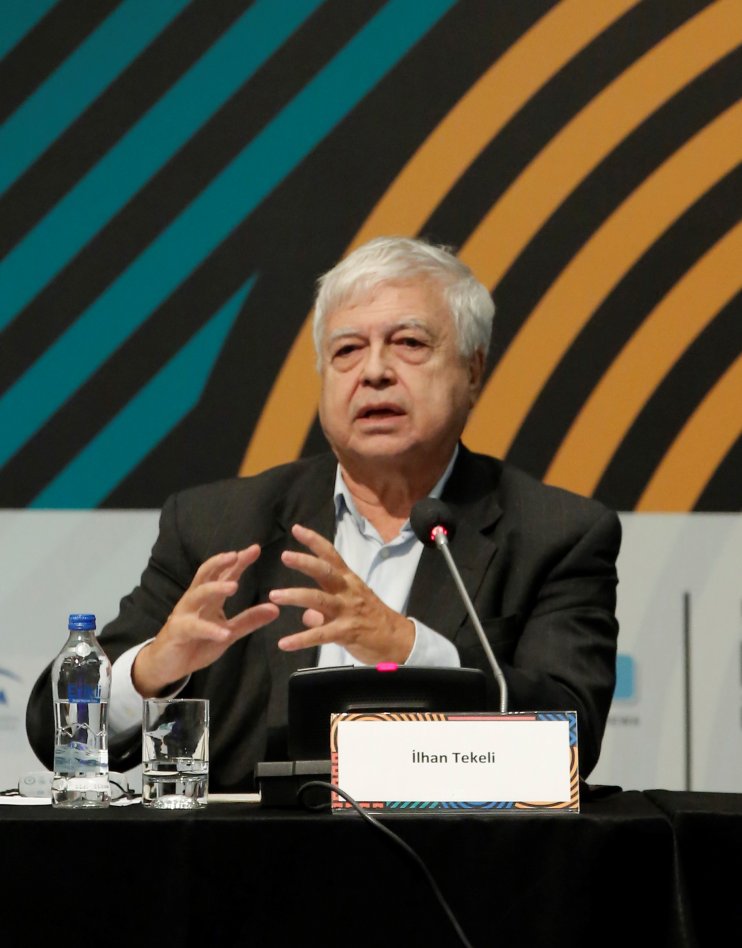
İlhan Tekeli
City and Regional Planning Professor & Social Scientist
Prof. Dr. İlhan Tekeli, born in Izmir in 1937, received his primary and secondary education in his birthplace and graduated from İzmir Atatürk High School. He received his bachelor’s degree in Civil Engineering from Istanbul Technical University in 1960 and his MS degrees in Urban and Regional Planning in 1964 and in 1966 from Middle East Technical University and the University of Pennsylvania, respectively. He received his PhD in the same field from Istanbul Technical University in 1968.
He taught at the Middle East Technical University from 1970 until his retirement. He is one of the founding members of the History Foundation and has served as its first president. He was a member of the Council of Higher Education (YÖK) between 2004-2008. In 1989, he was awarded the Sedat Simavi Social Sciences Award together with Selim Ilkin, and received the Mustafa Parlar Science Award in 1994. Having been one of the founding members the Academy of Sciences of Turkey, Prof. Tekeli was a board member of the Academy between the years 1996-2011. He was granted Mustafa Parlar Award for Outstanding Achievement in Education in 1999 and the TUBITAK Service Award in 2006. In 2009, he received the TASAM Strategic Vision Award, the TMMOB Chamber of Architects Award for Contribution to Architecture in 2014, the Sakıp Sabancı Social Science International Research Award in 2016, and the 2019 Turkish Independent Architects Association's jury award for the project “İzmirdeniz.” He is also a consultant of many local administrations (Istanbul, Ankara, Izmir, Izmit, municipalities union etc.) and institutions of varying sizes.
He is the author of more than 110 books, including those he co-authored with Selim Ilkin, Yiğit Gülöksüz, Erdoğan Soral, Tarık Okyay, Gencay Şaylan and Raşit Gökçeli. His scientific writings were published in 26 volumes by the History Foundation. He has penned more than 660 scientific papers and articles on urban planning, regional planning, social systems, macro-geography, local administrations, economic policies, economic history, city history, municipal history, educational planning, philosophy of science and historiography.
